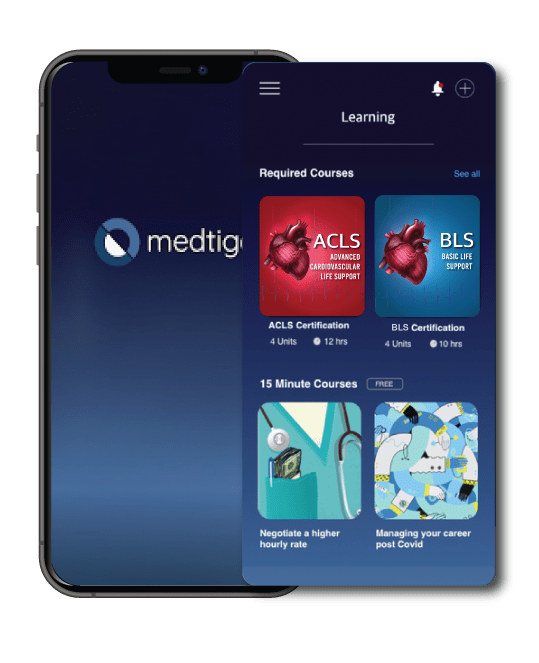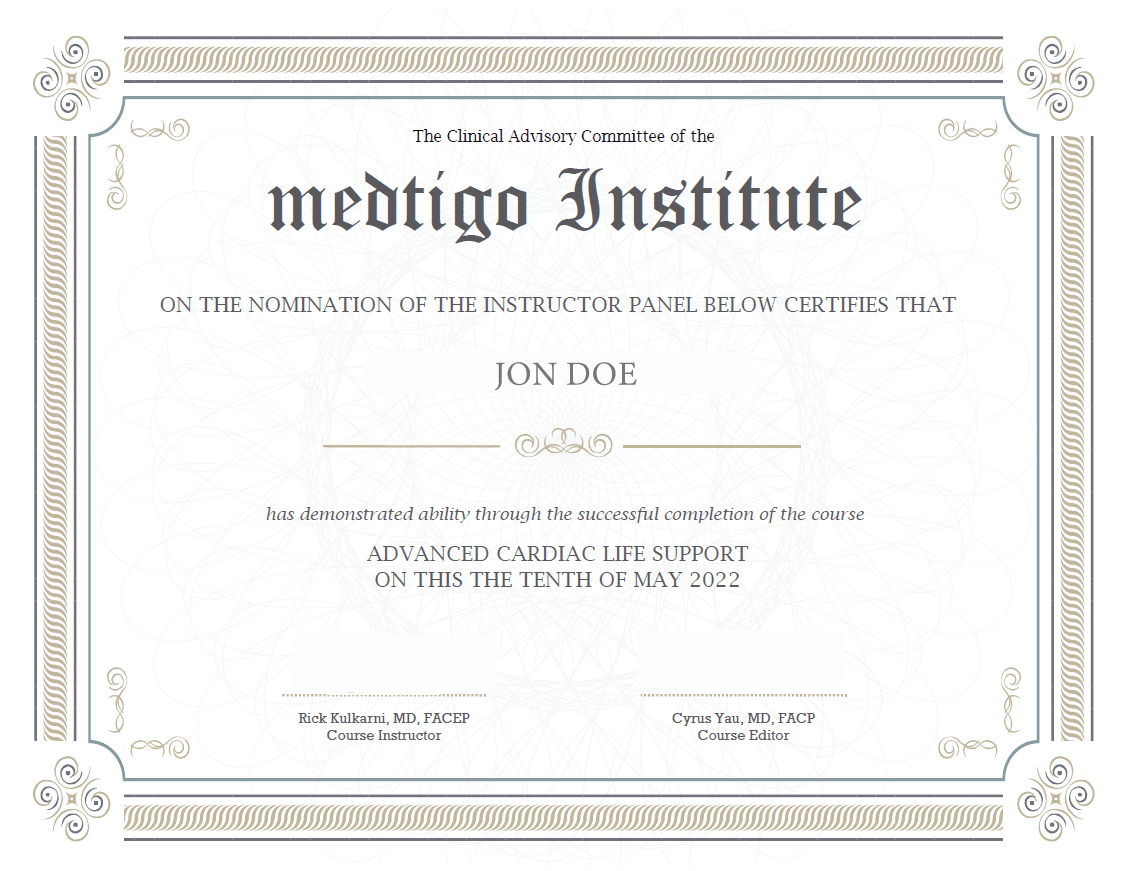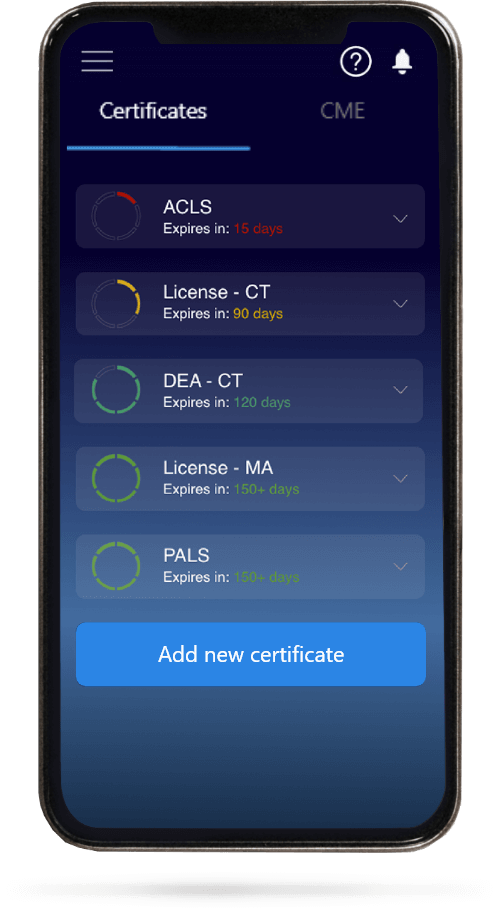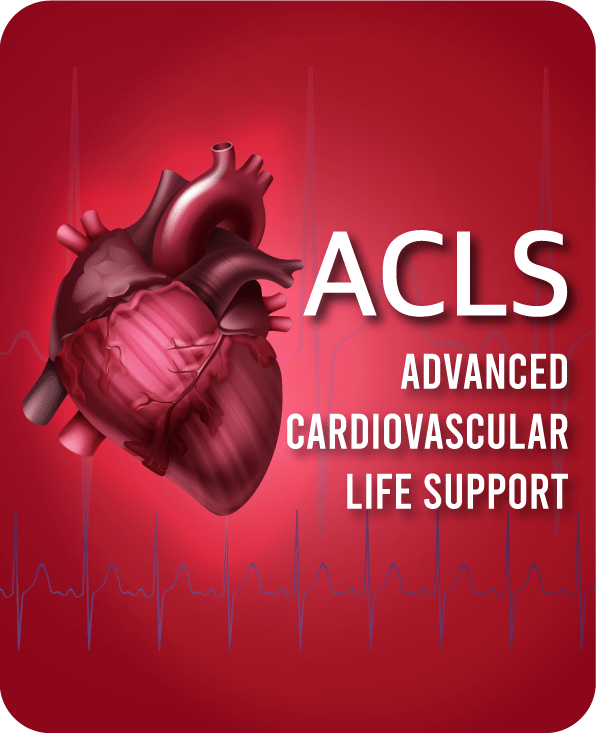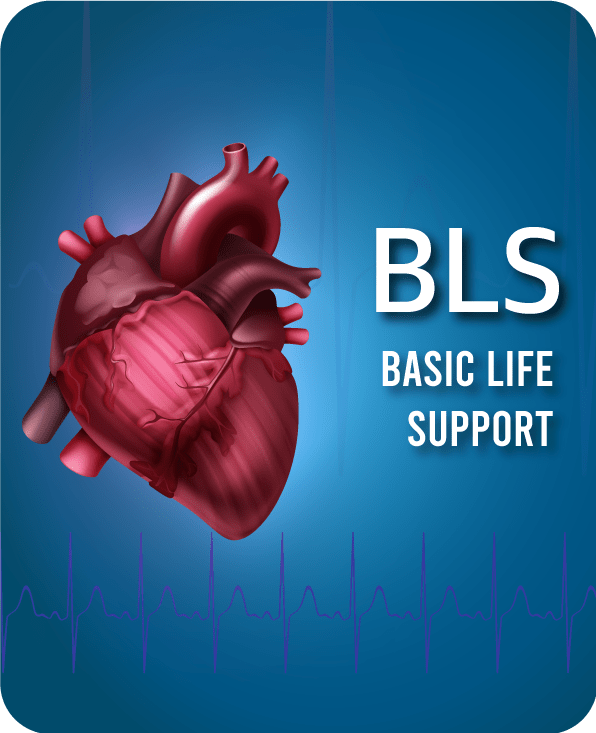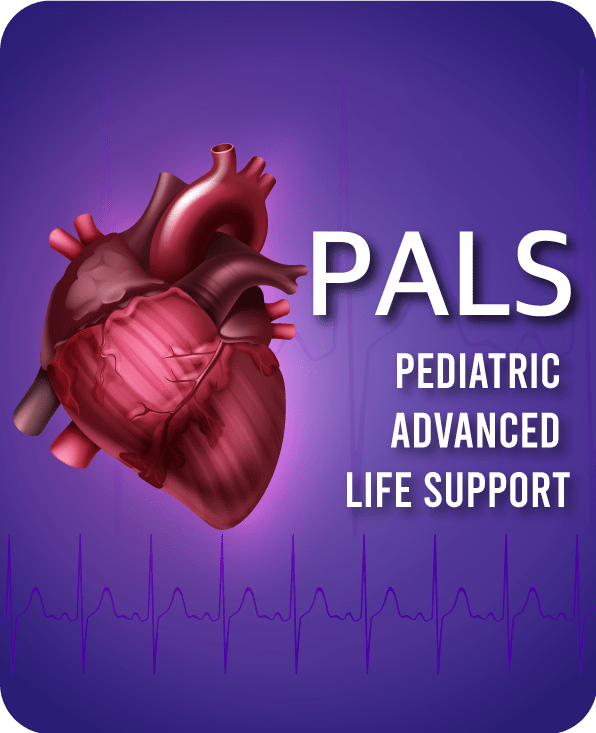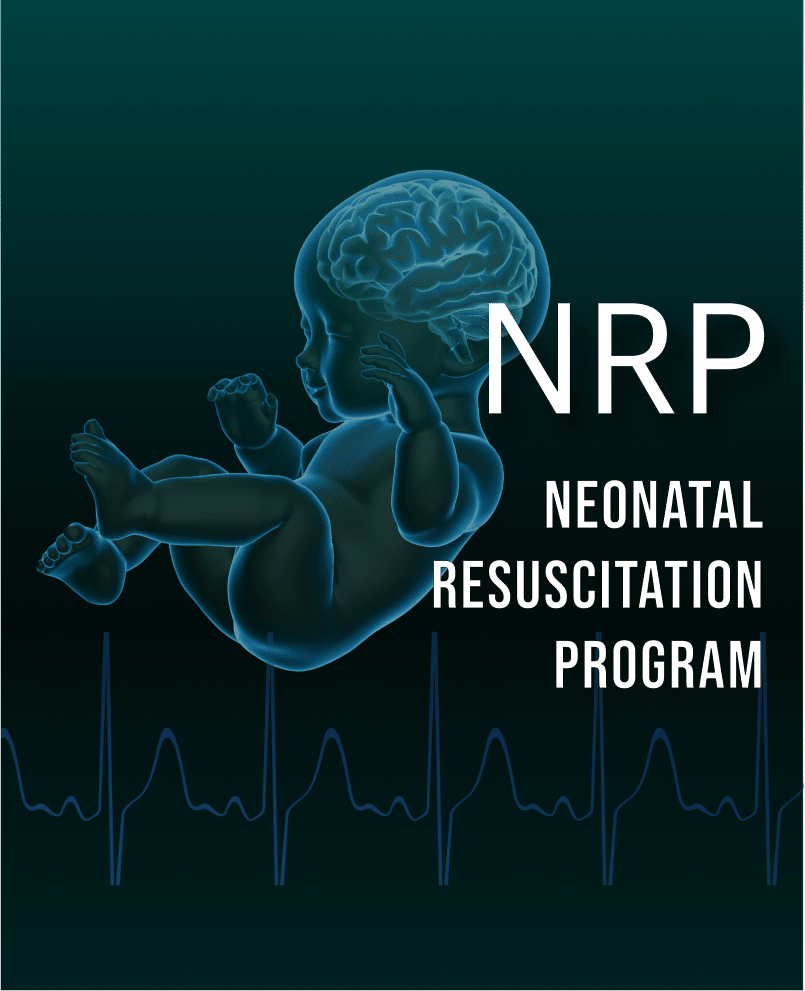
Non-ST-elevation acute coronary syndrome (NSTE-ACS) is a major global health issue. It is a leading cause of cardiovascular mortality and morbidity. Early risk stratification and effective treatment methods are important to improve outcomes in these patients. The Global Registry of Acute Coronary Events (GRACE) scoring system is widely used to suggest the management of NSTE-ACS by estimating both short- and long-term mortality risks. However, previous versions, like GRACE 2.0, were developed using broad ACS populations rather than focusing specifically on NSTE-ACS.
Evidence from recent randomized controlled trials (RCTs) has shown that early invasive management does not continuously improve outcomes in all risk groups, which challenges the assumption that those at higher baseline risk derive the greatest benefit. These findings highlight the necessity for refined and patient-specific prediction tools that can accurately measure mortality risk and the potential benefit of early invasive management in modern clinical practice.
This study aimed to address these gaps by validating the newly developed GRACE 3.0 in hospital mortality model, developing and validating the GRACE 3.0 one-year mortality model, and creating an individualized treatment effect model to predict which NSTE-ACS patients are most likely to benefit from early invasive management.
Additionally, the study sought to provide an updated, evidence-based framework to enhance personalized clinical decision-making and improve long-term outcomes by more precisely estimating risk and benefit.
This multicenter study analyzed large and contemporary cohorts of patients diagnosed with NSTE-ACS from January 2005 to June 2024 across many European registries. These data showed real-world clinical practice, which includes patients managed with medical therapy and those treated with percutaneous coronary intervention (PCI) or coronary artery bypass grafting (CABG). The GRACE 3.0 in-hospital mortality model was externally validated using independent datasets by comparing the observed and predicted mortality rates. The GRACE 3.0 one-year mortality model was developed using available clinical variables and adjusted for sex and disease-specific characteristics. An individualized treatment effect model was obtained from RCT data compared to early versus delayed invasive management. This model employed advanced machine learning methods to capture complex, nonlinear relationships and treatment-response heterogeneity. Model performance was assessed based on discrimination, external validation, and calibration across geographically diverse populations.
Results confirmed that the GRACE 3.0 in-hospital mortality model showed more predictive accuracy and calibration across all cohorts, outperforming GRACE 2.0 in identifying the short-term mortality risk. The GRACE 3.0 one-year mortality model also exhibited strong performance, accurately estimating long-term risk by incorporating sex-based differences and redefined risk profiles.
These models provide clinicians with more reliable tools for early triage, risk assessment, and monitoring while offering valuable insights into which patients get the greatest benefit from early invasive management. This model indicated that patients who most likely benefited were typically younger individuals and women with worsened hemodynamics, myocardial ischemia, and preserved renal function. Conversely, older patients with high baseline mortality risk may not experience significant improvement with early invasive strategies, aligning with recent clinical trial results.
Overall, the GRACE 3.0 models represent a significant advancement in precision medicine for NSTE-CAS, integrating sex-specific factors and non-linear modeling to improve mortality prediction accuracy. By leveraging machine learning to estimate individualized treatment effects, GRACE 3.0 supports patient-specific management strategies. Despite limitations such as relatively low event rates and a lack of ethnicity data, the GRACE 3.0 scoring system offers a practical, validated, and modern tool for clinicians to predict mortality and optimize early invasive management decisions more accurately.
Reference: Wenzl FA, et al. Extension of the GRACE score for non-ST-elevation acute coronary syndrome: a development and validation study in ten countries. Lancet Digit Health. 2025;0(0):100907. doi:10.1016/j.landig.2025.100907






